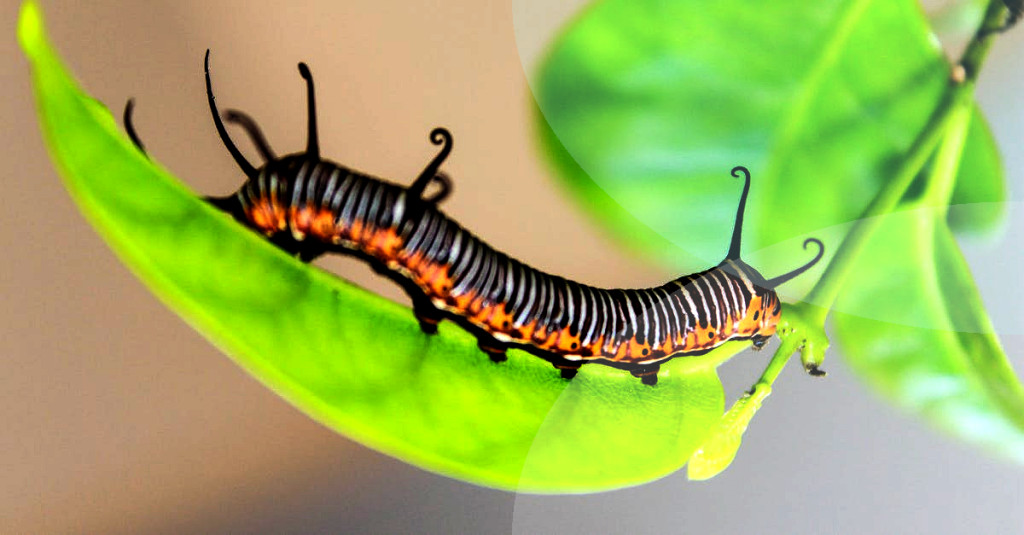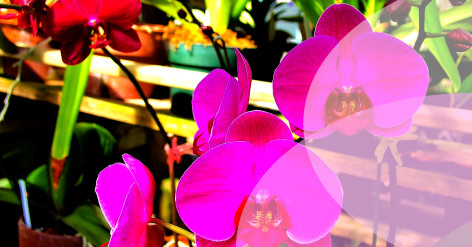How to Control Garden Pests Naturally

Recognize the Good and the Bad: Beneficial Insects vs Garden Pests

A garden should be a sanctuary - a place to relax, enjoy the beauty of nature, and grow your favorite plants. However, pesky insects and garden pests can threaten the health of your plants and ruin the aesthetics of your garden. To maintain a healthy and flourishing garden, it's essential to control these critters effectively and naturally. In this ultimate guide, we'll walk you through the steps to controlling garden pests without using harmful chemical pesticides.
Beneficial Insects
Before starting your battle against those pesky invaders, it's important to identify which insects are beneficial and which ones are considered pests.
Garden Pests
These insects help control pests and consume harmful insects. Some examples include ladybugs, praying mantis, and beneficial nematodes. Welcoming these helpful heroes in your garden can reduce the need for chemical interventions.
Home Remedies to Defend Your Garden: Easy and Effective Solutions

These sneaky critters are the ones that cause damage to plants and wreak havoc in your garden. In this article, we'll focus on controlling common garden pests like aphids, snails, slugs, and caterpillars.
1. Garlic Spray
You can whip up some simple garden pest control solutions using ingredients found in your home. Here are some easy and effective remedies to try:
2. Pepper Spray
Garlic contains natural sulfur compounds that act as a deterrent for pests. Blend a few garlic cloves with water, strain the liquid, and then add it to a spray bottle. Apply the solution to your plants every few days.
3. Diatomaceous Earth
Pepper spray can ward off pests by confusing or irritating their senses. Mix a tablespoon of red pepper powder with a few drops of natural dish soap to create a potent deterrent for garden pests. Apply the mixture to the affected plants as needed.
Slugs & Snails: Dealing with the Slimy Invaders
Diatomaceous earth, available at gardening centers, is a natural pesticide made from crushed fossilized algae. When it comes into contact with insects, it damages their exoskeleton and causes them to dehydrate. Spread DE around the base of your plants and reapply after rain or watering.
1. Beer Trap
Slugs and snails are notorious for munching on gardens and leaving holes in precious plant foliage. Here are some natural ways to repel these slippery garden pests:
2. Copper Barrier
Sink a shallow container of beer into the ground, leaving the rim slightly above the soil level. Slugs and snails are attracted to the yeast in beer and will drown while trying to reach it.
Combat the Flying Foes: Tips to Protect Your Plants from Flying Pests

Placing a copper barrier around your garden can deter slugs and snails because the metal reacts with their slimy mucus, creating a minor electric shock. Copper tape can be purchased from gardening stores and wrapped around plant bases or garden beds.
1. Attract Birds and Bats
2. Yellow Sticky Traps
Bats and birds play a natural role in controlling garden pests. Attract them by installing birdhouses and bat houses or by growing bird-friendly plants like sunflowers.
Be a Smart Gardener: Prevention and Maintenance

Yellow sticky traps are a non-toxic solution to capture flying pests like aphids and whiteflies. These are available at gardening stores or can be made at home using yellow cardboard and petroleum jelly.
Prevention is the key to controlling garden pests. Here are some essential steps for a pest-free garden:
- Choose Pest-Resistant Plant Varieties: Certain plants and heirloom varieties are more resistant to pests.
- Practice Crop Rotation: Avoid planting the same crops in the same place year after year, as this can lead to the buildup of pests and diseases.
- Proper Soil Management: Healthy soil promotes plant growth and resilience to pests and diseases. Check out this article for effective ways to improve your garden's soil quality..
With these natural pest control methods in your arsenal, you can now enjoy a healthier and more beautiful garden. By creating an environment that fosters the growth of beneficial insects, making use of home remedies, and focusing on prevention and maintenance, you'll ensure a vibrant and thriving garden for years to come.





